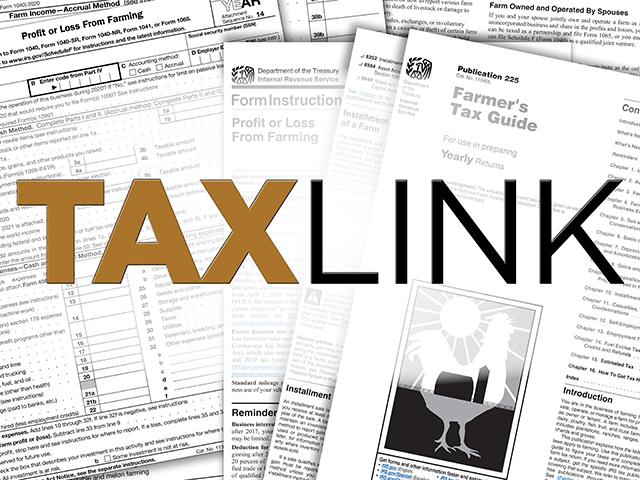Taxlink
Beware the "Dirty Dozen" of Tax Scams
Tax scams are commonplace now.
When someone tells you something that is too good to be true, it usually isn't true. However, the lure of "free" money or beating the IRS leads some people to fall for scams. The IRS recently published its "dirty dozen" tax scams for 2023. I had to chuckle when I read them, but I thought it would be interesting to go through some of the ones on the list.
The Employee Retention Credit (ERC) was the first on the list. This came as no surprise. It seems like every time I listen to the radio, I hear "ERC is closing soon -- get yours" or "You probably are eligible." Yes, some agribusiness is eligible, but most farmers did not experience the drop in revenue needed to qualify or have payroll sufficient to even explore ERC. I've also noticed the companies that are pushing ERC charge very high fees and fail to inform clients that they must remove the amount of the credit from business expense (wages).
Phishing/online help scams are becoming more common. Phishing occurs when you get an email or text saying the IRS needs additional personal information. The IRS does not contact people via email or text. The IRS initiates most contact through mail. If you get something suspicious, do not respond. Call your tax preparer and ask his or her advice.
P[L1] D[0x0] M[300x250] OOP[F] ADUNIT[] T[]
One credit that is on the IRS dirty dozen list is the fuel tax credit. Taxpayers can claim a fuel tax credit for business use of fuel they paid tax on. There are certain requirements, such as the gas has to be off-highway or farm use. I found the IRS language interesting: "unscrupulous tax return preparers and promoters." I'm curious to see if the IRS will start requesting information to verify the fuel tax credit.
Piggybacking off the fuel tax credit, one of the dirty dozen is "unscrupulous tax return preparers." I will say most of the preparers I know have incredibly high ethical standards. My concern isn't ethics, it's the monumental task of keeping up with tax law changes.
The IRS grouped two scams under "schemes aimed at high fliers." These two have significant relevancy for farms, so the IRS might consider farmers "high-fliers." The first is Charitable Remainder Trust (CRT) scams. The IRS warns that CRTs are sometimes misused by promoters, advisers and taxpayers. I can see how people might not understand or might misuse CRTs, but for farmers, they are a powerful tool in succession planning. The other is monetized installment sales. I'm seeing this more and more. Although it sounds good, the result could be catastrophic for you or your kids if you don't understand how monetized installment sales work.
The final one I want to touch on is syndicated conservation easements. I've written several articles on this because it is on the IRS radar and could lead to an audit. If you ask me, don't participate in a syndicated conservation easement. It's not worth the risk.
To recap, when you have a suspicious feeling, before you act, talk to an adviser or trusted tax professional.
**
-- DTN Tax Columnist Rod Mauszycki, J.D., MBT, is a tax principal with CLA (CliftonLarsonAllen) in Minneapolis, Minnesota.
-- Read Rod's "Ask the Taxman" column at https://www.dtnpf.com/…
-- You may email Rod at taxman@dtn.com
[PF_0623]
(c) Copyright 2023 DTN, LLC. All rights reserved.




